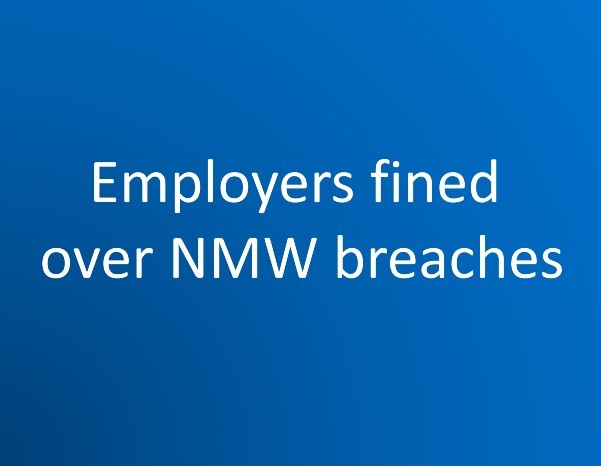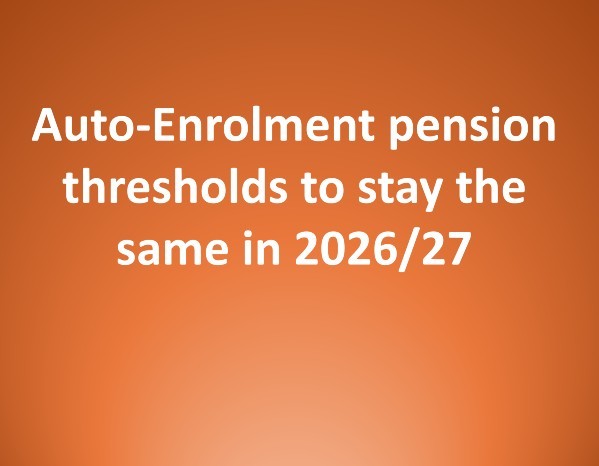
The latest iteration of the Self-Employment Income Support Scheme (SEISS) is narrower in scope and the grants are less substantial.
The chancellor recently announced an extension to SEISS, the scheme aimed at helping self-employed individuals who ‘are actively continuing to trade but are facing reduced demand due to coronavirus’.
The government’s website advises that the extension will provide two grants and last for six months, from November 2020 to April 2021. Grants will be paid in two lump sum instalments, each covering a three-month period.
To be eligible for the further grants, taxpayers must meet the following criteria with additional conditions from SEISS 1 and 2:
- Be currently eligible for the SEISS (although it is not necessary to have claimed the previous grants).
- Be actively trading at the time the grant is claimed and intend to continue to trade.
- Be impacted by reduced demand due to COVID-19 in the qualifying period.
The ‘actively trading’ requirement will mean that self-employed individuals that have had to stop working during the pandemic will not be able to claim if they have not restarted during the qualifying period.
To be eligible for previous SEISS grants, the business had to be have been ‘adversely affected’. The new ‘impacted by reduced demand’ wording seems likely to require more specific justification.
The first grant will cover a three-month period from the start of November until the end of January. A taxable grant will cover 20% of average monthly trading profits, paid out in a single instalment covering 3 months’ worth of profits, and capped at £1,875 in total.
The second grant will also cover a three-month period from the start of February until the end of April. The level of this grant is under review by HMRC.
The information provided in this blog is for general informational purposes only and should not be considered professional advice. As far as we are aware, the content is accurate at time of publication. Torgersens assumes no responsibility for errors or omissions in the content or for any actions taken based on the information provided.



.png)




